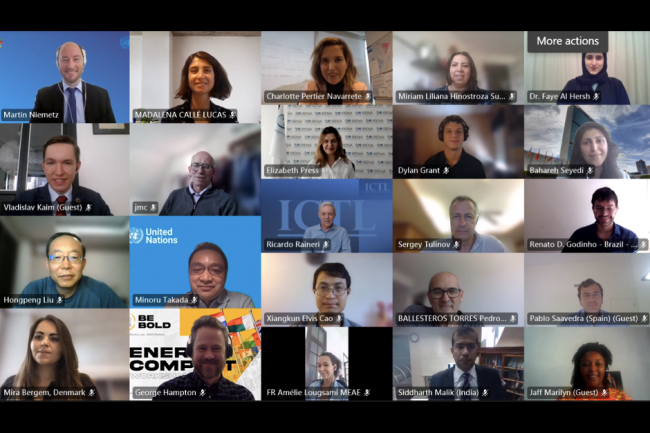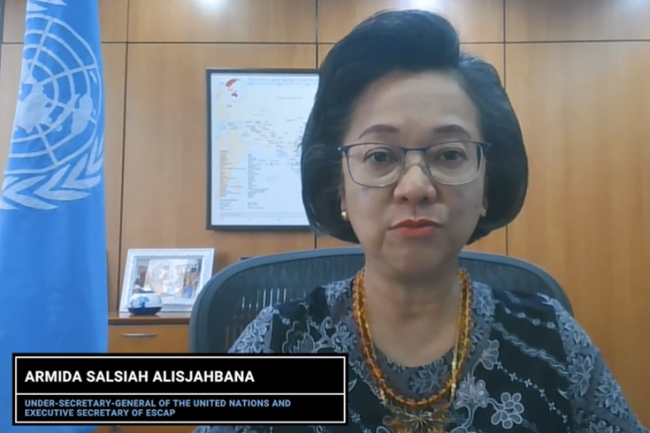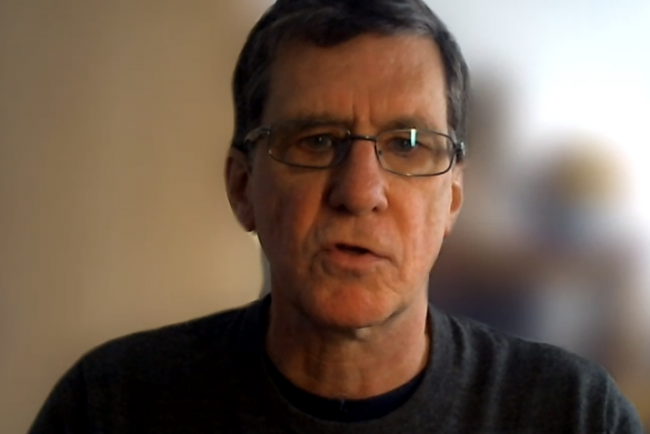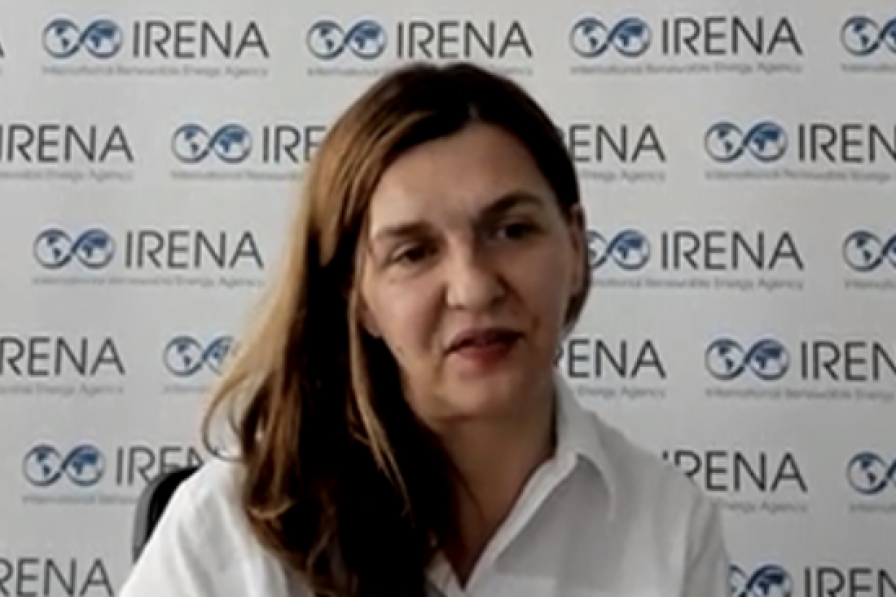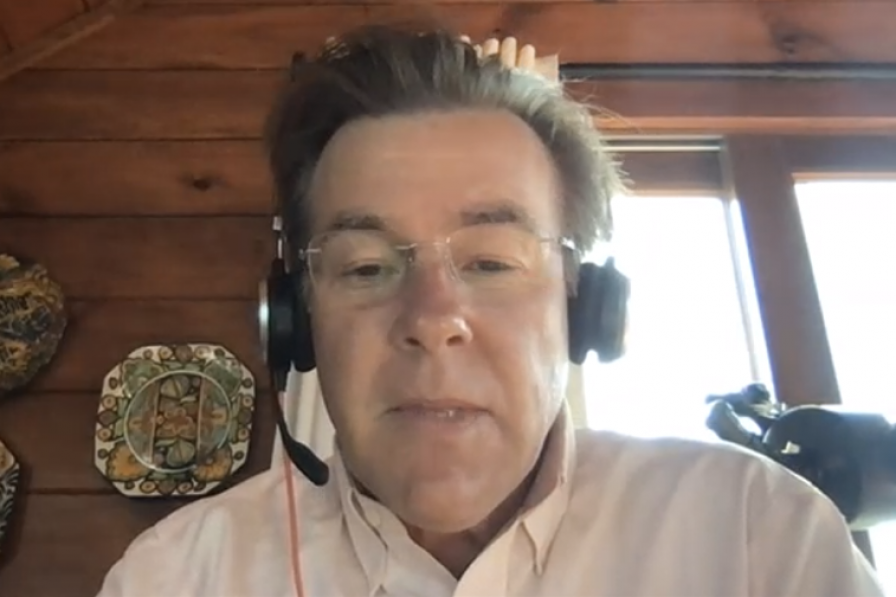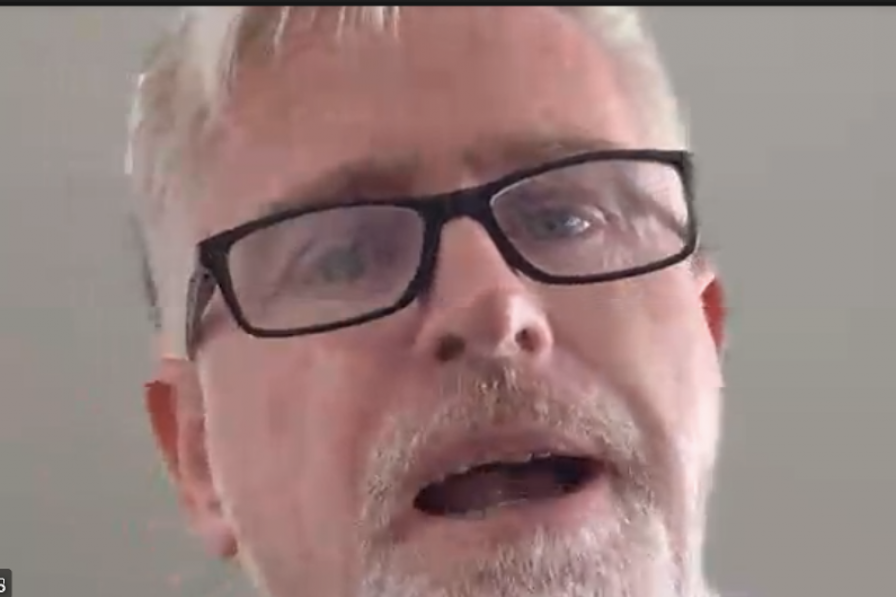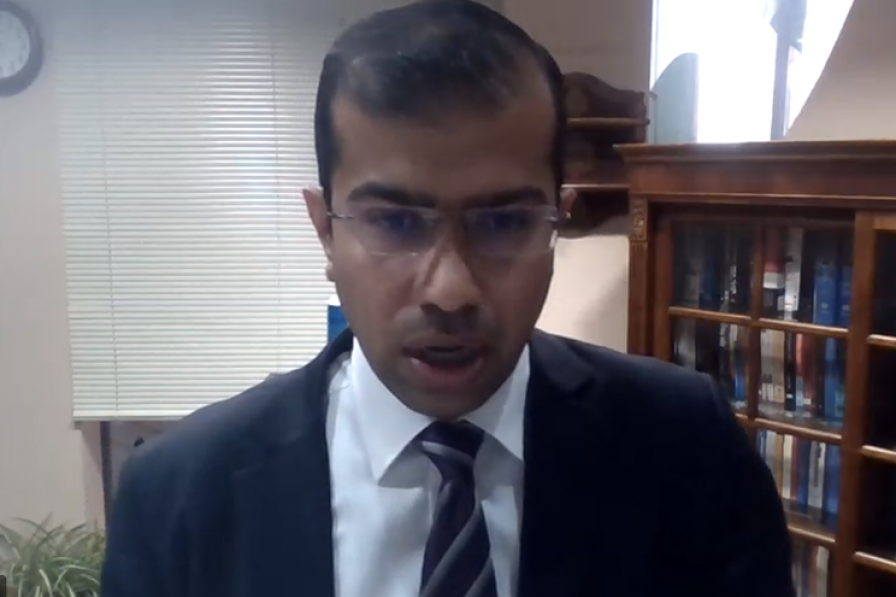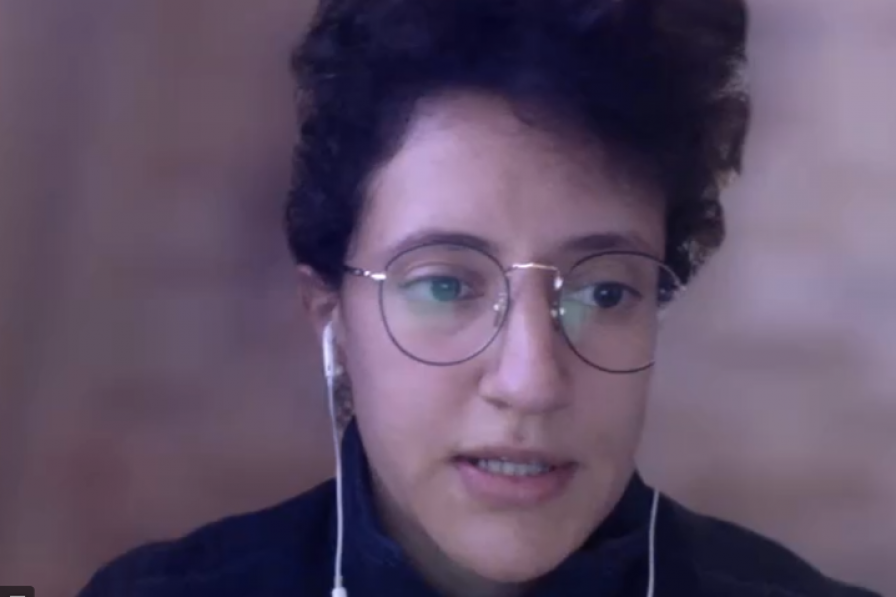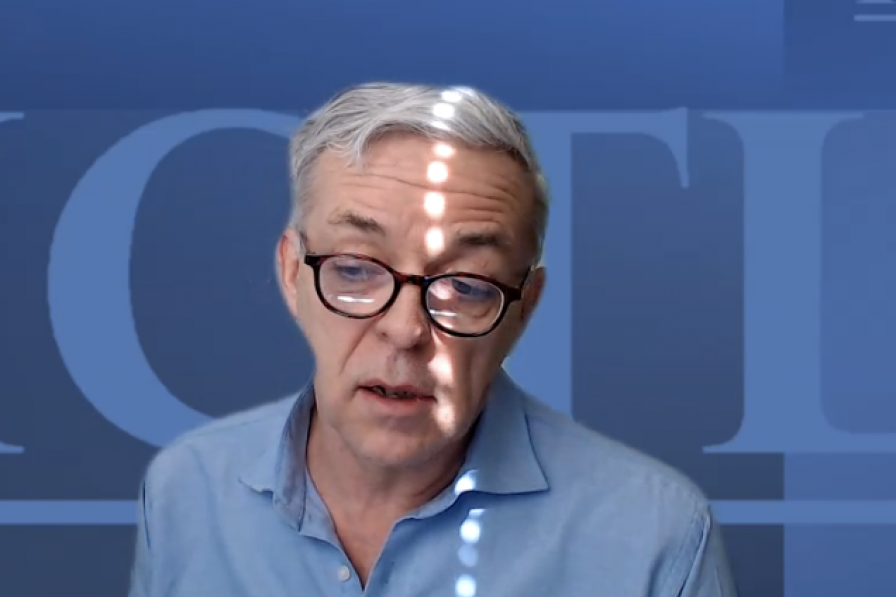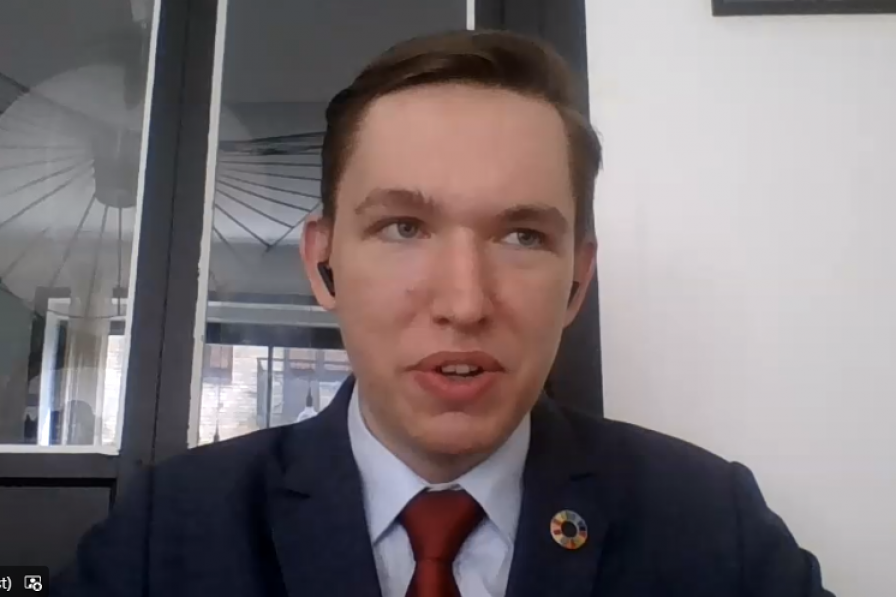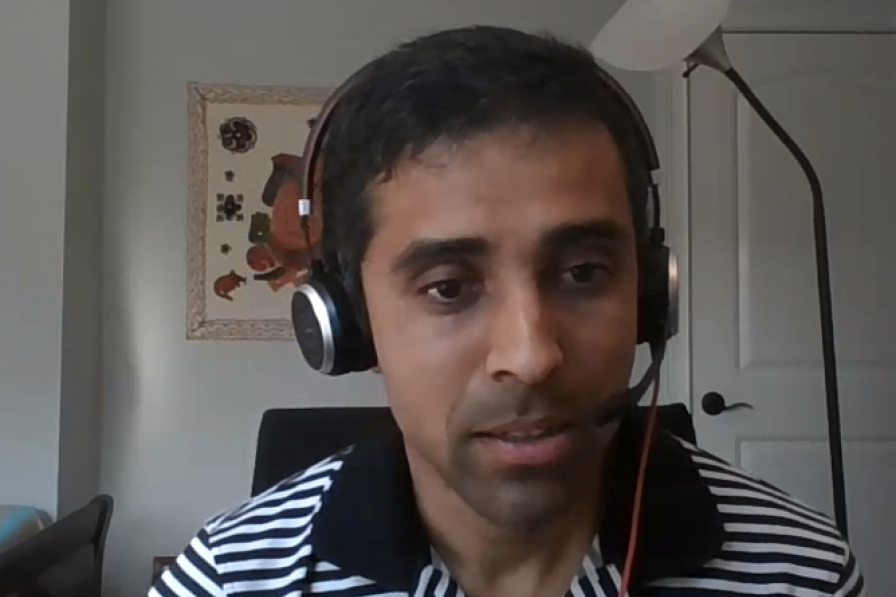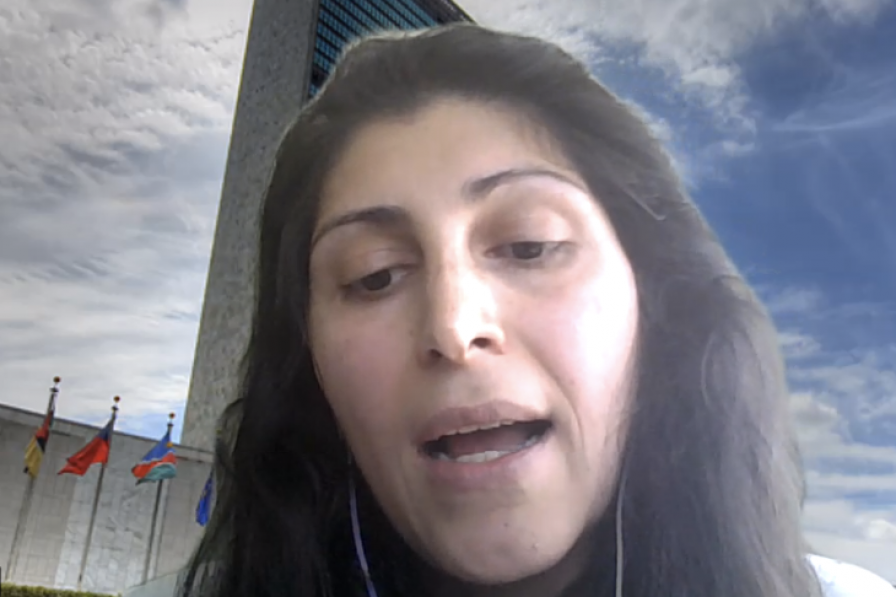The third and final meeting of the Technical Working Group on Energy Transition reviewed the group’s report, which was prepared by three co-leading entities: the International Renewable Energy Agency (IRENA), the UN Economic and Social Commission for Asia and the Pacific (ESCAP), and the UN Environment Programme (UNEP).
The report had undergone changes following the group’s comments during their second meeting on 15 April 2021. During the third meeting, on 20 May, 66 participants considered the revised draft and offered further comments. Speakers called attention to the report released earlier in the week by the International Energy Agency (IEA) with a roadmap to achieve net-zero emissions by 2050, and several highlighted in particular that report’s proposal to have no new investments in fossil fuel production. Additional issues raised included the need to transition existing infrastructure and to address mining needs to secure the raw materials necessary for the energy transition. At the conclusion of the meeting, it was also noted that the process of developing the report has created a community that could help with implementing the energy transition in the coming years.
The Technical Working Group is one of five that are preparing a roadmap to be presented at the High-Level Dialogue on Energy in September 2021. The first virtual meeting of the Technical Working Group on Energy Transition took place on 22 February 2021 to provide initial input for the roadmap. The group’s report will be launched during a Ministerial Thematic Forum on Energy Transition on 23 June 2021.
Presentation of the Final Report and Discussion
The virtual meeting opened with a video message from Armida Salsiah Alisjahbana, Executive Secretary, ESCAP. She highlighted the Group’s emphasis on coherence and political will, and noted calls to recognize the roles youth, the private sector, and cities will play in the energy transition. She encouraged all participants to develop energy compacts. She closed noting the question is not if the energy transformation will take place, but how it will take place, and said it needs to be just.
Mark Radka, Economy Division, UNEP, reviewed six areas of challenges and action that are addressed in the report:
- policy framing,
- infrastructure including power systems and integration,
- supply, including renewable energy and other options, and finance,
- demand, energy efficiency and finance,
- transport, and
- hard-to-abate sectors.
He noted the challenge of keeping the focus on actions that could achieve global goals, expressed appreciation for the partnership with the other co-leads for this Thematic Working Group, and looked forward to shifting the focus to the ministerial dialogue on this topic.
During the discussion, several speakers highlighted that the IEA released a report earlier in the week with a roadmap to achieve net-zero emissions by 2050, and they suggested reviewing how the Group’s report aligns with it. The IEA report’s proposal to have no new investments in fossil fuel production was highlighted in particular.
On a recommendation on phasing out coal, several speakers said it should go beyond coal to call for a progressive phase out of fossil fuels. One speaker suggested calling on countries to develop plans for how they will phase out fossil fuels. Another speaker said it would be more realistic to call for no additional coal-fired power plants rather than asking developing countries to phase out coal.
Some speakers suggested including a target on finance, while others recalled another Technical Working Group is developing a report on financing in parallel to this report. One speaker stressed that developing countries need global green funds and access to technology on a concessional basis.
On the report’s identification of carbon dioxide removal options, a speaker said it is not realistic to rely on carbon capture and storage. Another speaker expressed concern that one of the identified techniques is not well established.
On the importance of innovation, a speaker noted that 50% of the technologies that are needed are at the pre-commercial demonstration stage now.
Another speaker said the target expressed in installed capacity is not appropriate for a report that is supposed to encompass all energy and not just the power sector.
On the recommendation on energy efficiency, a speaker noted that the target was different from that included in the SDGs.
A speaker noted that the main report refers to infrastructure, but it is not addressed in the recommendations. Another speaker stressed the need to think about how to transition existing infrastructure.
Several speakers mentioned the need to address mining needs to secure the raw materials necessary for the energy transition. One speaker noted that diversifying mining opportunities would be important for countries that are mineral-rich.
Speakers also suggested adding references to:
- Nature-based solutions;
- Inefficient energy subsidies; and
- Displaced industries.
A speaker noted that the second draft had removed a reference to future generations. Another said the report needs to focus on actions that will happen now and not be pushed down the road. In this regard, it was also noted that this timeline means the focus should be on existing technologies.
Speakers highlighted that this report is being developed in a UN setting, which means it needs to “sit well” with all 193 Member States. One speaker noted that the discussion provided a preview of what to expect during the Ministerial Forum on 23 June.
Update on the Theme Report, Ministerial Forums, Energy Compacts, and Next Steps
The Secretariat reviewed the upcoming timeline and briefed participants on how to submit energy compacts. During the week of 7 June, participants will have a chance to check the copy-edited report. On 15 June, all Thematic Working Groups will hold a joint meeting. The Thematic Working Group on Energy Transition’s report will be launched on 23 June, during the Ministerial Forum on this theme.
The prospective outcomes of the High-level Dialogue on Energy will include: a global roadmap of concrete actions needed to ensure access to clean, affordable energy for all; energy compacts elaborating voluntary commitments; and a network of multistakeholders for the implementation of the global roadmap through energy compacts.
The Secretariat is currently raising awareness of energy compacts, registering energy compacts and raising visibility and showcasing opportunities involved with the energy compacts. The Ministerials will be the first opportunity to raise visibility of specific energy compacts. Following the High-level Dialogue on Energy, the focus will be on monitoring and reporting and implementing the energy compacts.
In concluding remarks, Elizabeth Press, IRENA, thanked participants and the energy champions for their inputs. She highlighted the collaboration among the UN agencies working on the report and said the process of developing the report has created a community of practice that she hoped would remain connected in the coming years.
To receive continuing coverage of this event delivered to your inbox, subscribe to the ENB Update newsletter.
